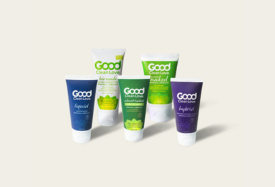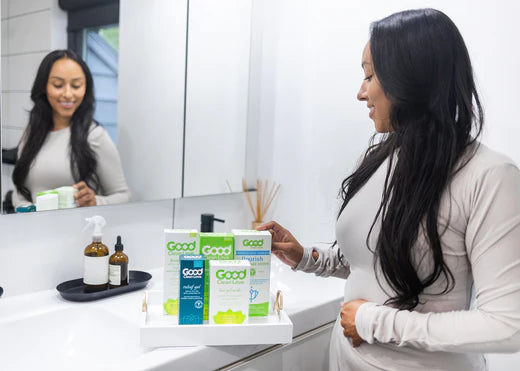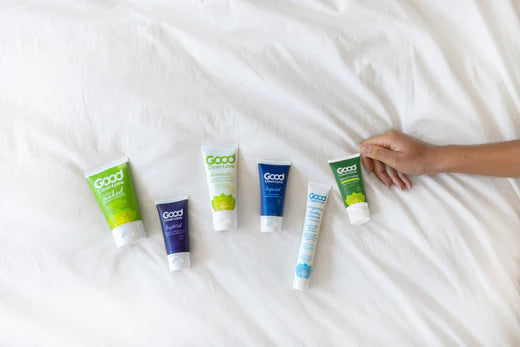
 One of the greatest gifts of the work I do is hearing the inspiring stories from our readers about how they make love work in their personal lives and career. Learning how to receive the goodness and love surrounding us is a lifelong process and, even as children, we must learn that we are worthy and loveable. Here is one fine teacher’s method which could be adapted to your own family. Thanks for sharing it with us…
One of the greatest gifts of the work I do is hearing the inspiring stories from our readers about how they make love work in their personal lives and career. Learning how to receive the goodness and love surrounding us is a lifelong process and, even as children, we must learn that we are worthy and loveable. Here is one fine teacher’s method which could be adapted to your own family. Thanks for sharing it with us…
“I retired from the elementary classroom last year after 36 years, most of them with 11 and 12 year-old students. Love that age and the changes that occur during the grade 6 year. Every year, usually on a drab January or February Friday afternoon, I would hand out an index card to each student and have them put their name on one side. I collected them. Then, sworn to secrecy, I gave the rules: 1. you will get a card, not your own, and I want you to peek at the name and then write one compliment on the other side anonymously. It could be about a strength or anything that makes this person special or unique. 2. After this activity, try really hard not to tell the person what you wrote, even if it’s a best friend.
Cards were shuffled and I included a card for myself and wrote a compliment with each card that came my way. I collected all the cards after each of the 3 rounds. Then I passed the card to the student whose name was on the card. Every year, without fail, there was this 60 second pause as everyone read the comments. Then, usually half of the class took their cards and hid it in their desk or a book, done not by direction, but rather they seemed to have a need to hide compliments. We always had a conversation after the activity with some students offering to share one compliment.
Then I asked: is it easier to give or get a compliment? Answer almost 100% of the time? GIVE one. Then we talked about why and there was never a real consensus or compelling reason. Kids had a hard time hearing something nice about themselves. Always an interesting activity and thought you might find it interesting. I always enjoyed reading my compliments and have saved them over the years, using them as bookmarks. It’s nice to read that students thought me funny or I made learning science fun or they appreciated my patience by listening to them. This to me, was an example of good, clean love…”














